Teaching STEM for preschoolers is highly rewarding for both educators and kids alike! Early learners are naturally curious and so bringing in STEM concepts into a preschool can lead to deep discussions on how the world works.
STEM, aka Science Technology Engineering & Mathematics, is all about problem-solving, building and testing ideas. When you think about it, you’ve probably been running STEM programs in your centre for years! A STEM activity is not just a science experiment by itself, it’s about making something that solves a problem where the participants can change their designs to improve their measured results.
Essential questions to consider in a preschool STEM lesson
Is there a question needing to be solved?
If the preschoolers know the goal of their investigation, they can then start to imagine how they might reach that goal. Here are some examples!
- How strong is the wind?
- Can we make a boat float?
- How can we make a tower hold something heavy?
Once the kids understand what they are trying to achieve, it is very easy to enrol them into the activity! You could also consider a brainstorming session first, as this helps you get an idea of what their interests are. This is all about inquiry-based learning and is something that early learners naturally enjoy.
Can the preschoolers build something using the materials at hand?
There is no point trying to make this too expensive or difficult for early learners! Look around your centre for craft materials that can be re-purposed for building things. Don’t forget to make sure that there are no choking hazards that can be picked up by younger kids.
What skills are you trying to develop?
A STEM activity opens up a world of opportunity to develop early learner skills. This isn’t just about how to hold scissors or how to use tape (although these are very important skills!), this is also about teaching them to planning and observation skills too. When working in small groups, the kids will need to learn teamwork, how to share materials as well as how to be a leader or a follower.
How can you incorporate measurement in the STEM activity
When you look at science activities there is always a way to add a measurement component.
- How high did the tower get?
- How far did the car travel?
- How much weight could the boat hold?
You can integrate simple counting blocks or lengths of wood as a way of bringing in the mathematics, plus you could bring in rulers or measuring cylinders for the kids you want to run extension activities with as well.
How can you bring in a technology component?
Bringing in technology doesn’t have to be onerous! Sure, if your centre has a set of Beebots you can introduce coding, however having a child film an activity or use an educational app to support the learning also counts too. Technology doesn’t just have to be digital either; you could teach the kids about simple machines by showing them how levers work or how wheels & axles are used in make work easier.
Can you weave in a literacy component into your STEM lesson?
Kids love stories! The best bit, there are heaps of stories out there where you can frame your STEM activity around a story that kids love. A classic example of this ‘Who Sank the Boat’ by Pamela Allen; not only is the story engaging, it also helps kids get the idea of displacement through a simple story. Have a look at your bookshelf, is there a children’s story that you can use?
Can you test multiple versions of a STEM project?
Science is all about variable testing, i.e. what happens if you change something? A great way for kids to explore this is with baking! Variable testing is a major focus for teaching science in the later years, however there is no reason why you can’t start when they are young. They just need to learn that you just need to keep everything the same and then only change one thing to find out if that change makes a difference. By doing this you are all also teaching the kids about the scientific method and procedural thinking which will certainly help them in the future.
It’s all about engaging the kids
What a formal STEM lesson does is help you identify opportunities to explore deep topics that exist. The fun is that you can be highly creative and the kids will love it. Here’s some more preschool teaching ideas to keep you going:
- Science teaching ideas for preschoolers
- Tips for teaching abstract concepts to early learners
- 10 science experiments for toddlers
Happy teaching

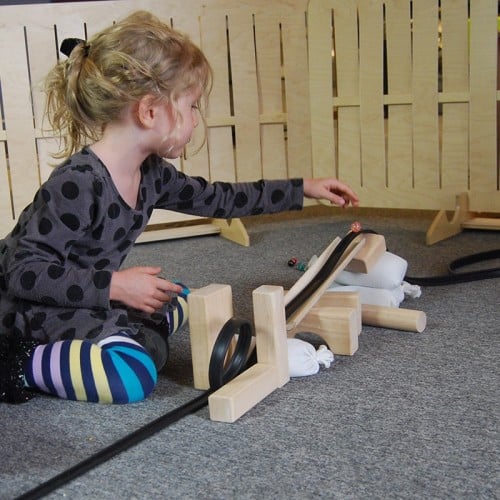
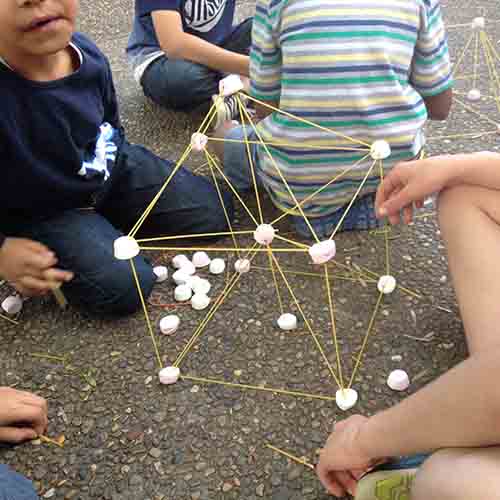
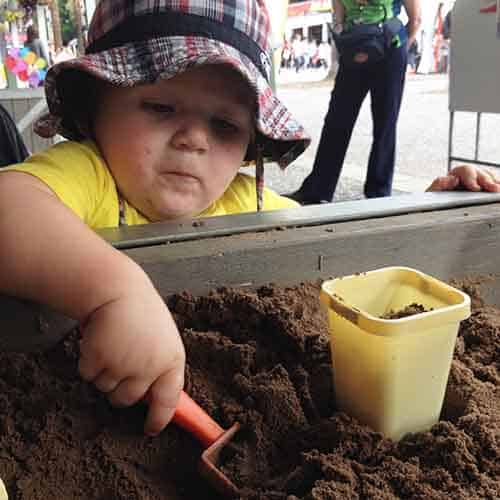

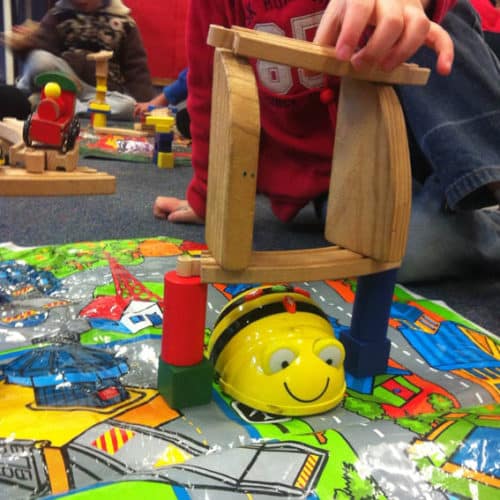
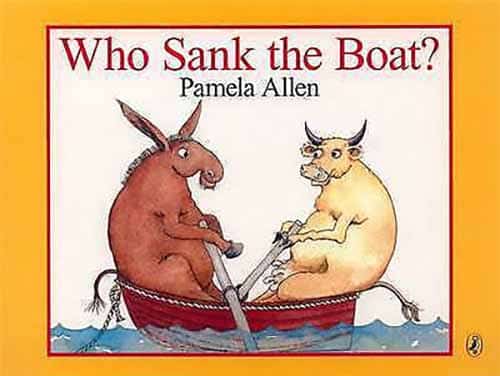
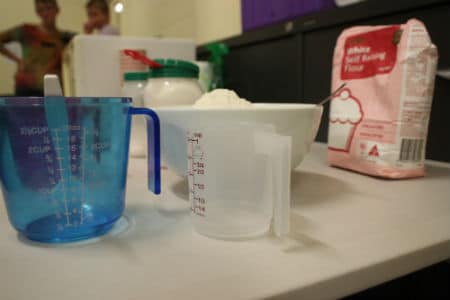
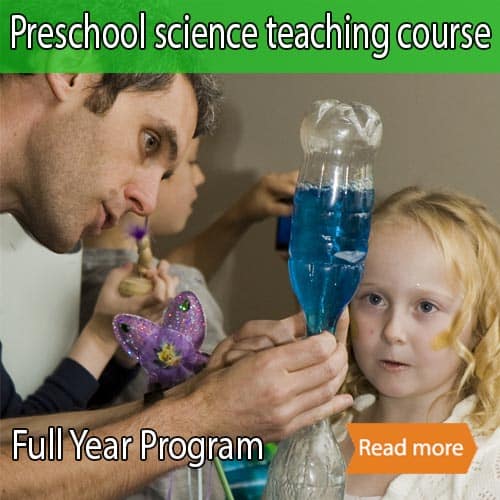
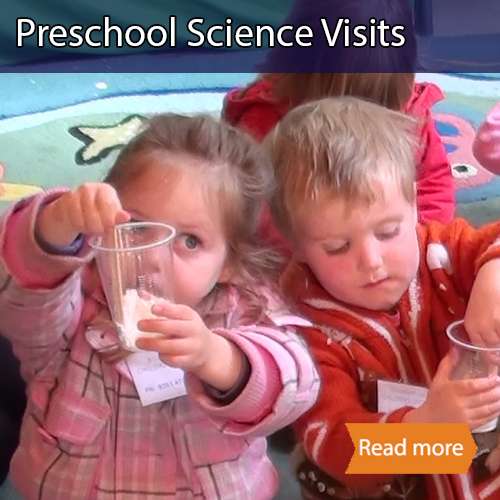























Comments